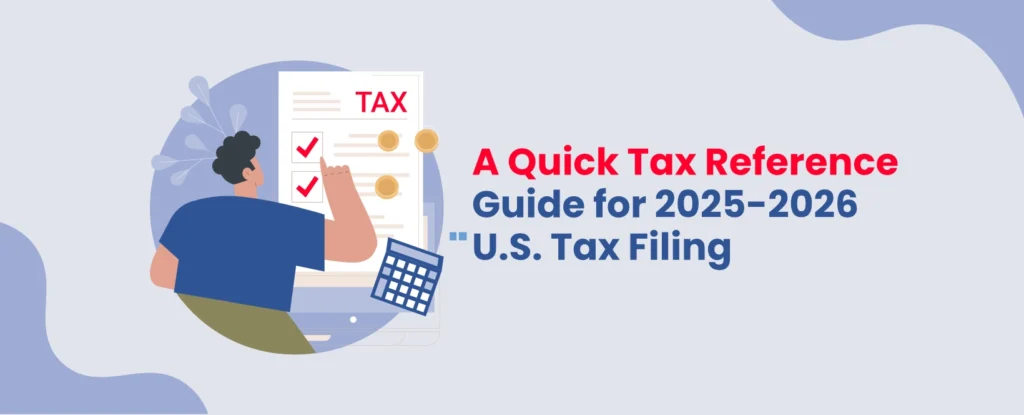Without up-to-date books, it becomes difficult to understand how the business is performing, and even harder to make smart financial decisions.
But here’s the good news — professional bookkeeping services like catch-up bookkeeping can bring your books back in order, helping you regain control of your finances.
Let’s see what it is, why it is important, and how to get it done – step by step.
What is Catch Up Bookkeeping?
Catch-up bookkeeping means going back and organizing your business’s financial records from past weeks, months, or even years. If you missed tracking sales, expenses, invoices, or bank statements, catch-up bookkeeping helps you put all those pieces back in order.
Think of it like cleaning a messy room — you’re sorting through the clutter and putting everything in its right place.
Signs You Need Catch Up Bookkeeping
- You haven’t tracked income and expenses for months
- You missed filing taxes, or filed them with guesses
- You don’t know how much profit you made last month
- Your bank balance doesn’t match your records
- Your accountant keeps asking for missing documents
Why Is It Important?
Here’s why every business owner should care:
1. Gives You a Clear Picture of Your Business’s Health
If your books are out of date, you might not know how much money you’re making or spending. Catching up helps you know where you stand.
2. Saves You the Stress
When your records are clean and clear, you don’t have to panic during tax season or when someone asks to “see the numbers.”
3. Makes It Easier to Get Loans or Funding
Banks and investors want to see your financial history before giving you money. Up-to-date books help you show that you run a responsible business.
4. Needed During Tax Time
To file taxes correctly, you need accurate records. If your books aren’t done or are unfinished, your tax return could be wrong, and this could lead to penalties or missed deductions.
Why or When Businesses Need Catch-up Bookkeeping?
1. If You are a New Business
When starting out, most business owners put bookkeeping on the back burner as they have to focus on launching their product or service. But over time, those unrecorded transactions pile up. Catch-up bookkeeping helps business owners organize their financials from day one, ensuring compliance and making it easier to secure funding or file taxes correctly.
2. If You Are Growing Rapidly
Business expansion is exciting, but it also means more invoices, more expenses, and more financial complexity. During growth spurts, it’s common for daily bookkeeping tasks to fall behind. Catch-up bookkeeping helps you regain control, providing accurate financial insights to support smart scaling decisions.
3. When DIY Bookkeeping Goes Wrong
Many entrepreneurs start off managing their own books (to save money), but a lack of accounting knowledge often leads to errors, missed entries, or unbalanced books. Catch-up bookkeeping helps clean up and correct these mistakes so you can move forward with confidence.
4. If You Are Dealing with Unexpected Life Events
Unexpected life events (health issues, family emergencies) can temporarily derail even the best business routines. Catch-up bookkeeping helps you bounce back, so you’re not penalized for missed deadlines or disorganized records.
The Step-by-Step Process
It’s more than just adding numbers. Here are the key steps:
Step 1: Gather All Financial Data
Start by collecting all available financial documents: bank statements, credit card statements, receipts, invoices, payroll records, tax documents, and loan statements. This includes both paper and digital files from multiple sources. The goal is to identify all transactions that have happened during the said period.
Step 2: Organize Transactions
Once all records are in hand, the next step is to categorize each and every transaction. Typical categories include sales revenue, rent, utilities, office supplies, wages, contractor payments, loan repayments, and more. Proper categorization helps in creating accurate financial statements and preparing for taxes.
Step 3: Reconcile Bank Accounts
Now match your books with your bank statements to make sure everything adds up. If there are mistakes, this is where you’ll catch them.
Step 4: Enter Data into Bookkeeping Software
Use tools like QuickBooks, Xero, or even Excel to enter everything in order. These tools help in automating calculations, generating reports, and ensuring consistency. If you’re not familiar with these tools, a professional bookkeeper or CPA can set up or manage them for you.
Step 5: Review and Generate Reports
Once all entries are up to date, you can generate essential financial statements like the Profit & Loss Statement, Balance Sheet, and Cash Flow Statement. These give you a clear snapshot of your business’s financial health and can guide you in budgeting, forecasting, and preparing for tax season.
Step 6: Moving Forward
Once your books are up to date, your bookkeeper can help you establish a consistent system to maintain accurate records and prevent future backlogs.
How Far Back Should You Go?
This depends on your situation. If you haven’t done your books in:
- A few months: Get those months caught up before year-end
- A full year or more: Start with the most recent year and go backward
- Several years: Your books may need a professional clean-up. Talk to a CPA for expert account clean-up services.
Should You Do It Yourself or Hire a Pro?
If you’re behind by a month or two, and your business is simple, you may be able to do it yourself. But if you’re more than 3 months behind — or if things feel confusing — it’s advised to bring in a pro.
An experienced bookkeeper or CPA can help you work faster while avoiding mistakes, keep your records as per the IRS rules, and save you hours of time and stress.
It’s Time to Catch Up on Your Books
Falling behind on your books can feel overwhelming. But you don’t have to fix everything overnight. Start with one step at a time — or get help from a bookkeeping expert. If you need support, reach out to us today. Our professional bookkeepers can get your books back on track so you can focus on running your business with confidence.
Remember, it’s never too late to clean up your books and take control of your finances.


